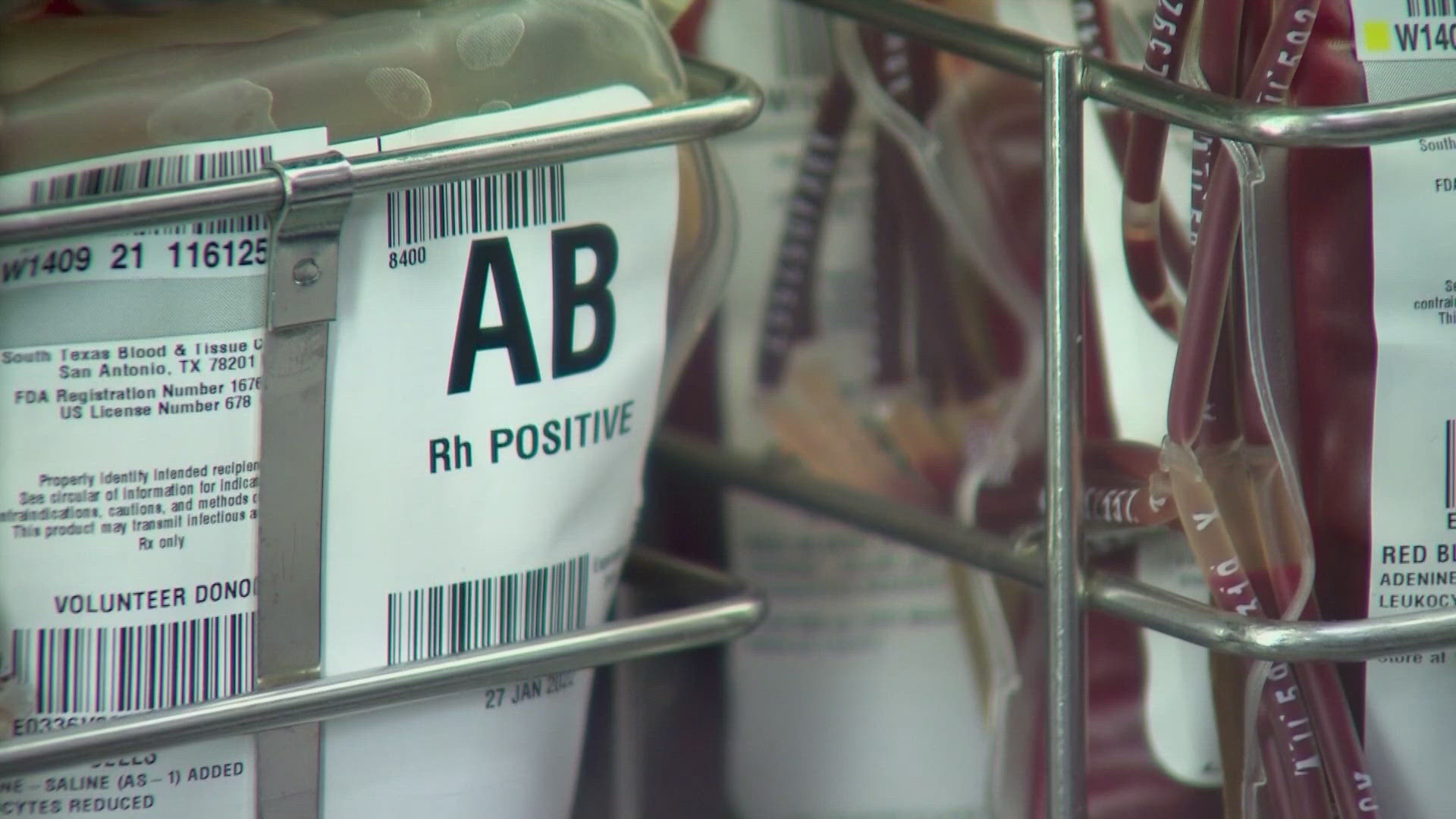SAN ANTONIO — SAN ANTONIO — Over the past 50 years South Texas Blood and Tissue has provided patients at more than 100 hospitals with lifesaving blood donations. One San Antonio family said blood transfusions took their two children's crippling pain and made it more manageable.
Jacob Lozano's family got a letter from the state right after he was born telling them he had Sickle Cell Disease. After confirming his diagnosis with doctors, their lives took a detour as a new reality came into focus.
"It's probably the hardest thing a parent can do, you know, having to see your child suffer and not be able to stop it," Jacob's Mom, Crystal Pawlik explained.

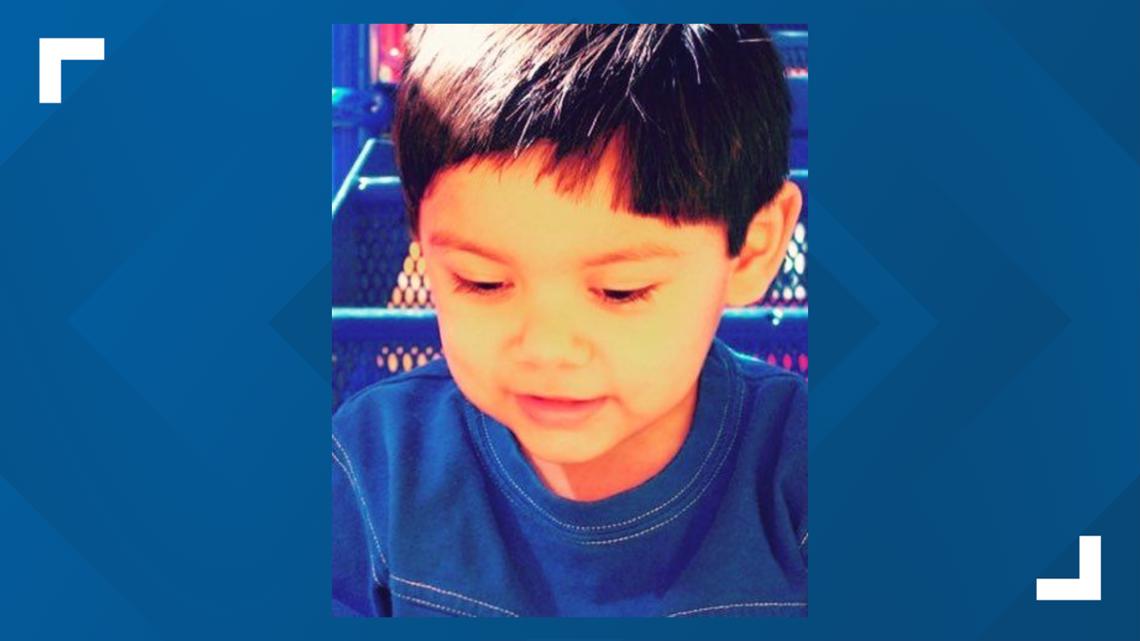
Abnormal Hemoglobin changes the shape of red blood cells for Sickle Cell patients—paving an unpredictable path for those living with the disease.
"I'll have very good periods or my health's doing perfectly and I'm living normally and I'll have very bad times where it's like I'm in the hospital like almost every other week," Jacob said.
The 18-year-old's courage carried him through a childhood in and out of the hospital.
"So, you know, middle school, he starts band and him asking me, do you think I'll be able to march, you know, when I get to high school and having to say, probably not. Maybe it's going to be too hard on you," Pawlik said about the family's plan to set expectations for the type of life Jacob could have.
A positive outlook and tenacity drove the young man's determination to pursue music—marching all the way through high school and even performing in front of thousands during Fiesta.
"He loves a challenge. He loves proving people wrong," his Mom explained.
The teen's resilience set a precedent for his family when they faced a second Sickle Cell diagnosis with his sister Olivia.

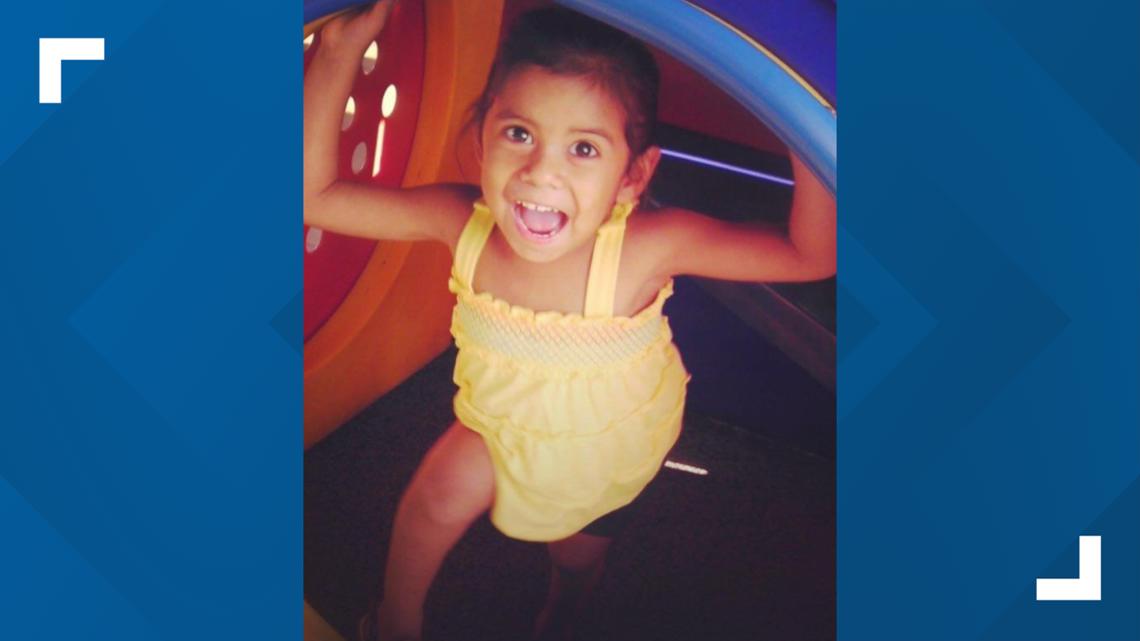
"She was just sick constantly. It would be something simple like her, you know, hitting her knee too hard or, you know, falling in and landing on her knee, and it would trigger pain and she'd be in the hospital for a week," Pawlik described.
Life changed for the siblings after starting blood transfusions at South Texas Blood and Tissue.
"If you were to look at, say, Olivia before transfusions to now she's a different child," Pawlik said—explaining how hard it was to see her child in constant bouts of pain.

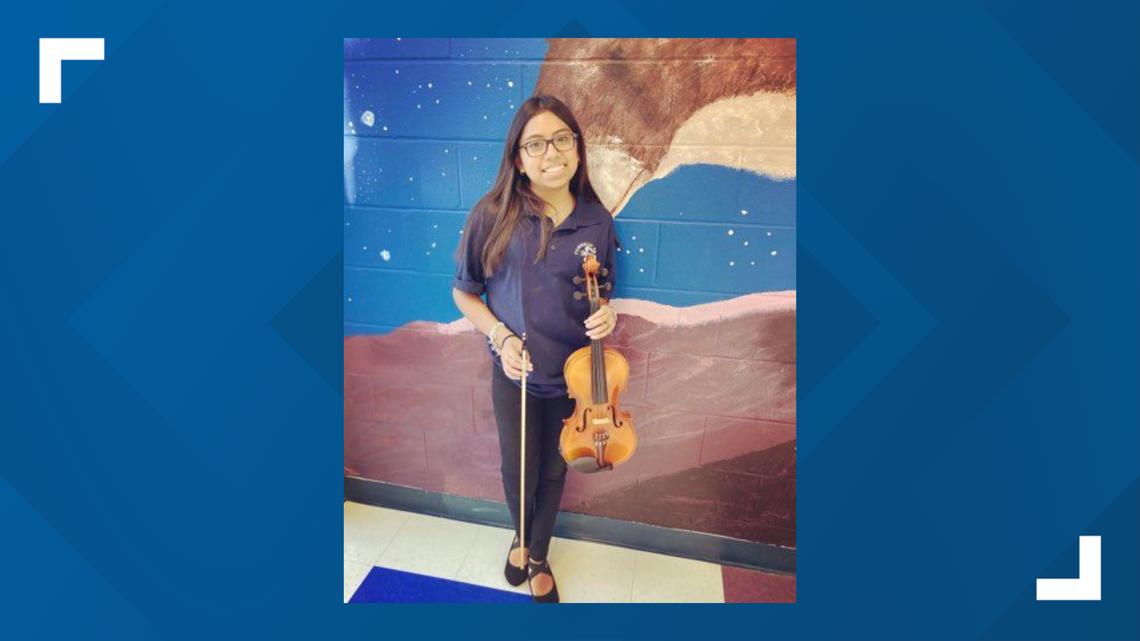
The treatment opened doors to what seemed impossible: Olivia is now on her high school's drill team and Jacob is gearing up for college. Always in the forefront of their mind is the reminder that their treatment is dependent on donors.

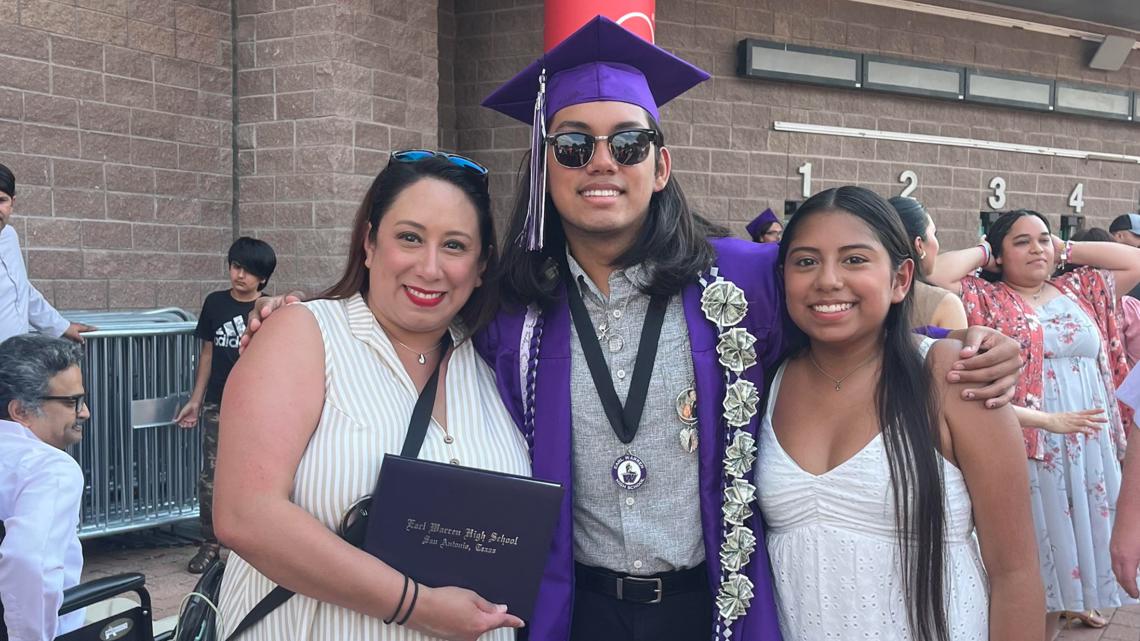
Dr. Samantha Gomez Ngamsuntikul, the Medical Director for South Texas Blood and Tissue, said their campaigns are focused on getting the supply they need for patients like Olivia and Jacob.
"We don't want patients waiting to get blood. We don't want patients being told, yeah, we don't have that blood right now," Dr. Ngamsuntikul said.
Blood donations drop nearly 30 percent during the summer. For those with a more rare blood type like Jacob, getting the blood they need can be even harder.
"It's O-negative, and so I there is a little bit of a struggle every once in a while to, like, get that blood," the teen explained.
His mom said they are always concerned about the thought that there won't be the supply they need: "We've found this treatment that helps them so much and it's just kind of it hangs on, you know, donations and how much blood is available, so that's that's kind of the still scary for the future, not knowing whether or not that supply will be there."
All it takes as a donor is one hour of your time and that donation could save up to three lives, like Olivia and Jacob's.

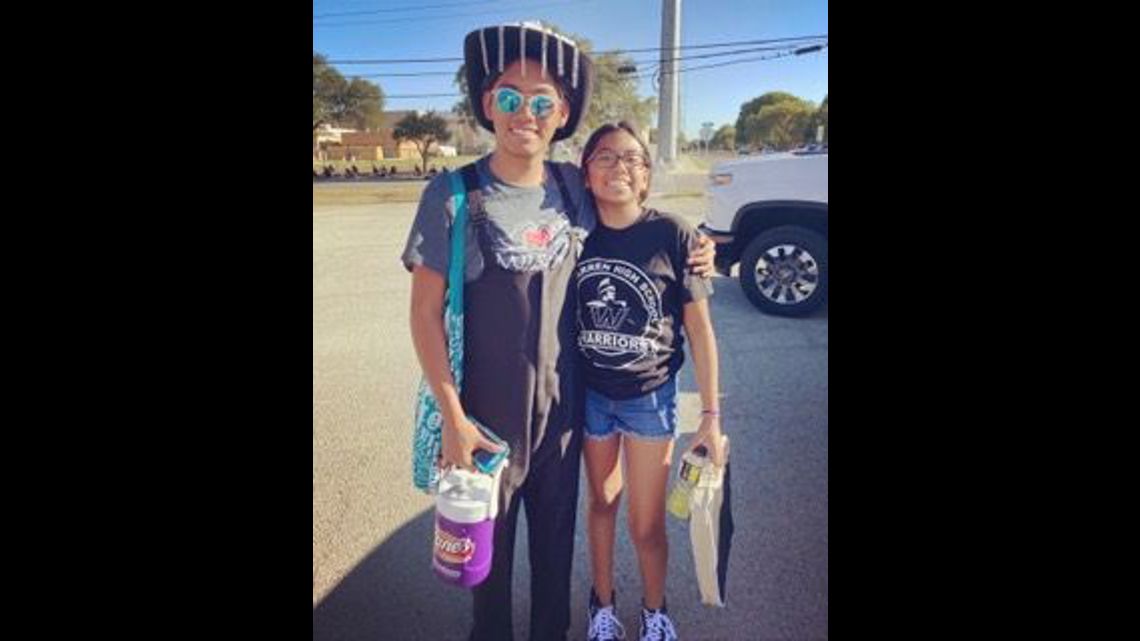
"It helps people out there, not just with Sickle Cell, but also people with Cancer. It helps a broad spectrum of people, and it's honestly one of the best things that you can do," Jacob explained.
Taking detours from his diagnosis and turning them into directions, the young man's focus stays forward. When asked if he was scared about the future he quickly responded, "No. I'm ready to take it on."
To mark 50 years, South Texas Blood and Tissue is asking for donors to commit to four donations throughout the year. You can find out how you can help in those lifesaving efforts just click here. If you are interested in donating call 210-731-5590. The call center is open from 8 a.m. to 5 p.m.

